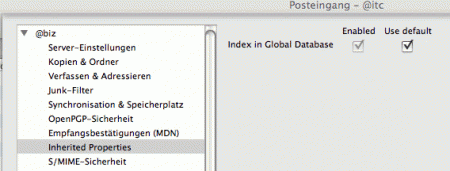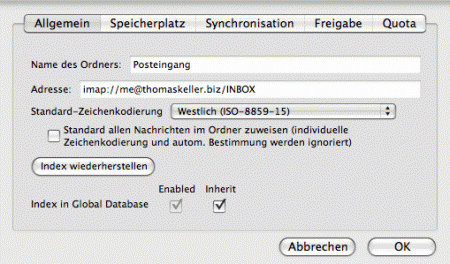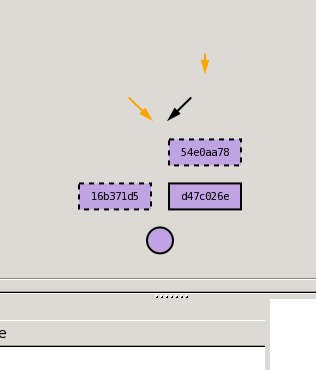…and especially not if you get the impression that the dump will afterwards be readable by the `doctrine:data-load` command of symfony.
It was a costly lesson today when I tried to reimport a dump of a couple of Sympal tables. One of them, the one which models the menu items, has a nested set behaviour, and apparently this one cannot be restored properly by doctrine:
[Doctrine_Record_UnknownPropertyException] Unknown record property / related component "children" on "sfSympalMenuItem"
Apparently this particular issue popped up a couple of times in the past for other people as well (Google for it) and while the help of `doctrine:data-dump` still (Doctrine 1.2) blatantly states
The doctrine:data-dump task dumps database data:
./symfony doctrine:data-dump
The task dumps the database data in data/fixtures/%target%.
The dump file is in the YML format and can be reimported
by using the doctrine:data-load task.
./symfony doctrine:data-load
(with the emphasis of “can be reimported”)
the author of Doctrine, Jonathan Wage, told me today on Sympal’s IRC (shortened):
<jonwage> we don’t want people to think you can dump and then restore
<jonwage> that is not what the data fixtures are for
<jonwage> b/c dumping and then loading will never work
<jonwage> an ORM modifies data on the way and and the way out
<me> I mean the least thing doctrine could do there is that if it detects the nested set behaviour it should error out clearly on dump
<jonwage> so you can’t dump the data through an ORM and then try and reload it
<jonwage> i.e. hashed passwords
<me> if dumping is “never” going to work – why do you support dumping into yaml at all?!
<jonwage> if we do that then we would have to throw errors in sooooooo many other cases too
<jonwage> because it is at least a little bit of a convenience
<me> its like a half-baked feature then
<jonwage> we dump the raw data
<jonwage> and you can tweak it
<jonwage> thats my point though, it will ALWAYS be a half baked feature thats why we document it that way
<jonwage> it can NEVER work 100% the way you want it to
<jonwage> so if we fix that one thing, a million other things will be reported that we cannot fix
<jonwage> bc an ORM is not a backup and restore tool
<jonwage> it is impossible
Now I know that as well. My only problem was that I struggled “what is wrong with my fixtures” the whole time and never dared to ask “what is wrong with doctrine”…



